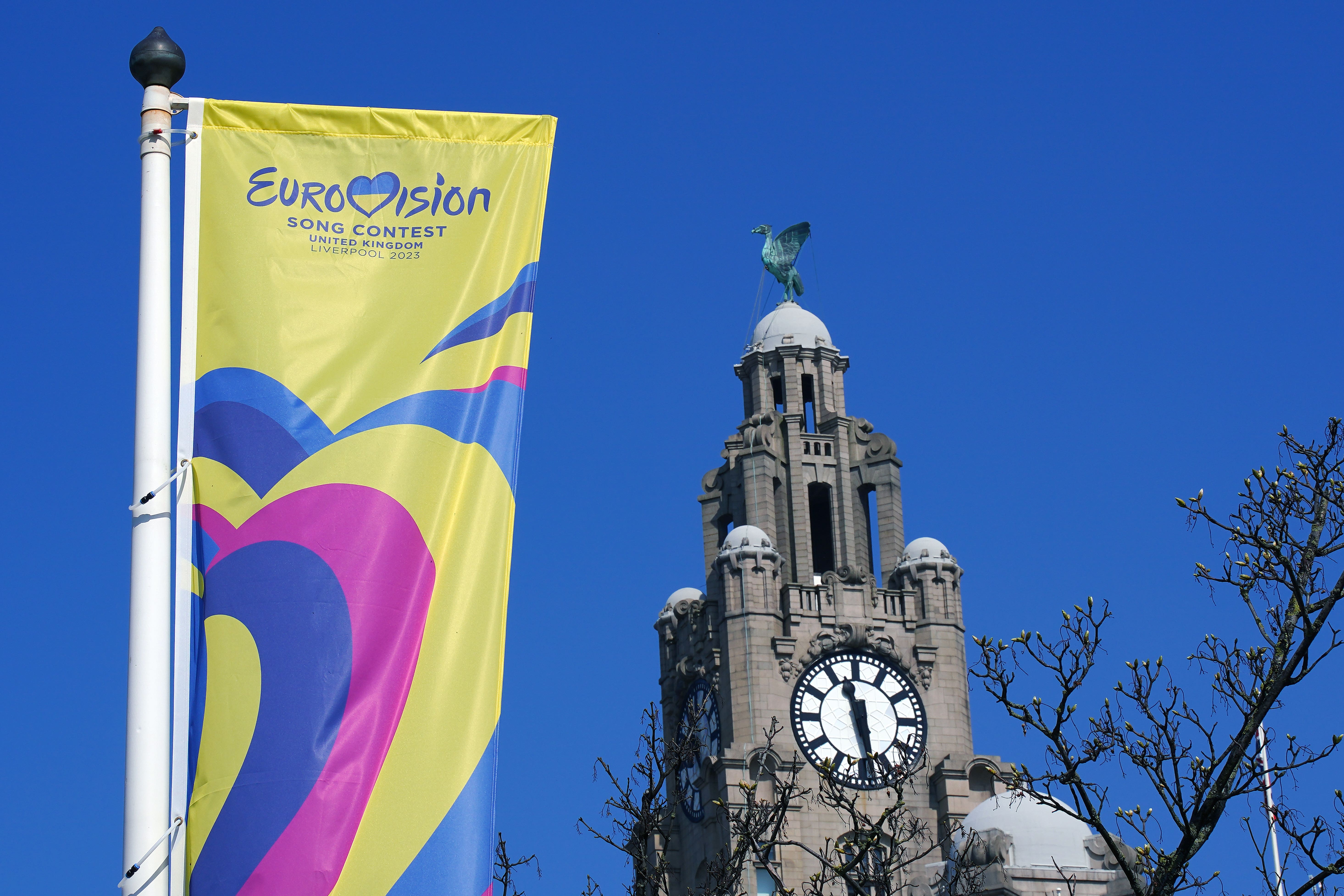Last Eurovision tickets to go on sale next week
When tickets were released earlier for the grand final they sold out in just over half an hour.

Your support helps us to tell the story
From reproductive rights to climate change to Big Tech, The Independent is on the ground when the story is developing. Whether it's investigating the financials of Elon Musk's pro-Trump PAC or producing our latest documentary, 'The A Word', which shines a light on the American women fighting for reproductive rights, we know how important it is to parse out the facts from the messaging.
At such a critical moment in US history, we need reporters on the ground. Your donation allows us to keep sending journalists to speak to both sides of the story.
The Independent is trusted by Americans across the entire political spectrum. And unlike many other quality news outlets, we choose not to lock Americans out of our reporting and analysis with paywalls. We believe quality journalism should be available to everyone, paid for by those who can afford it.
Your support makes all the difference.The last remaining tickets for the Eurovision Song Contest in Liverpool will go on sale next week.
The final passes for the nine live shows at ACC Liverpool are set to be released on April 24 at midday, the BBC has announced.
Prices for the international music event range from £30 to £380 and depend on the type of show and seat being chosen.
Fans need a Ticketmaster UK account to buy tickets, and they are encouraged to create an account in advance.
When the rest of the Eurovision tickets were released in March, tickets to the grand final sold out in just over half an hour.
Tickets to the remaining shows had gone by 1.32pm following a 12pm release.
Ukrainian refugees living in the UK have also been able to apply for cheaper tickets.
The event is being held in Liverpool after the UK was chosen to host the competition on behalf of war-torn 2022 winner Ukraine.
A series of evaluation studies have also been announced that will determine the social impact of Eurovision 2023 on wellbeing, cultural legacy and the economy.
Different organisations – such as Liverpool City Region Combined Authority, the BBC, the Department for Culture, Media and Sport (DCMS) and the British Council – will look at issues such as addressing risk related night-life behaviour and sense of community separately.
Steve Rotheram, mayor of the Liverpool City Region, said: “The chance to host a global spectacle like the Eurovision Song Contest is an opportunity that doesn’t come around very often – especially for a city in the UK – that’s why so many cities bid for the accolade.
“As an international event that attracts guests, media and attention from around the world, we’re expecting thousands upon thousands of visitors to descend on the Liverpool City Region next month for a week-long celebration of music, dance, fun and frivolity.
“The £2 million that the combined authority is contributing towards the staging of Eurovision is just a fraction of the economic return we expect to see from the event, which is predicted to inject £25 million into the city region economy in May alone.
“But the intangible contribution of broadcasting our brand to an international audience could be invaluable.
“With a visitor economy that’s worth nearly £5 billion and which supports more than 55,000 jobs, I’m looking forward to seeing the impact that hosting Eurovision will have on our residents, our economy and our culture for years to come.”
Alongside Eurovision, a two-week series of mostly free events will run around the same time as the song contest in Liverpool.
EuroFestival will see a performance by Ukrainian Eurovision Song Contest winner Jamala, collaborations between British artists and Ukrainian artists along with a parade featuring a glitterball jellyfish.
The semi-finals are broadcast on the BBC on May 9 and May 11 with the grand final on May 13 also being shown in cinemas in addition to the corporation’s airing.